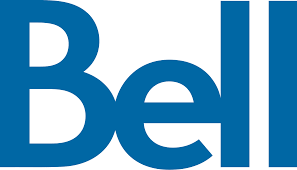Traditional outreach is becoming less effective, and sales cycles are getting longer. This award goes to a sales team that pivoted to Slack Connect to not only drive growth but attract and retain customers.
An expert at transforming machine data into accessible information, Splunk, Inc. is receiving the Sales in Slack Award for leveraging Slack to close deals faster and get usable data into the hands of more customers, including 91 of the Fortune 100 companies.
The need for Splunk and its Data-to-Everything Platform continues to grow as more businesses move operations online in response to the pandemic. To meet demand, Splunk’s sales engineers and professionals are using channel-based communication to collaborate, usher in prospective deals and grow their sales organization.
As a global vice president of IT operations analytics and observability sales at Splunk, Quentin Packard manages hundreds of field sales professionals, who interact with customers and prospects on a daily basis. His team helps customers use Splunk products to move more workloads, applications and data into the cloud.
Splunk’s sales teams use Slack to keep communications organized and efficient. This helps them present a united front for their customers within a fast-paced environment. By using threads in Slack channels, Packard’s team can also find the information they need, when they need it, from their cross-functional partners. Teammates can start threads from any message to ask a question, add context or give feedback without disrupting a conversation’s flow.
Kevin Pura is the area vice president of global sales engineering at Splunk, with a growing team of sales engineers worldwide. With Slack Connect, his team can move all their conversations with external partners, clients and vendors into Slack channels. Since most Splunk customers already use Slack, setting up channels is seamless.
“Ultimately, our customers choose Splunk because we’re able to deliver value much faster than our competition,” Pura says. “Slack Connect plays a major role in that because it gives our customers a single place to interact with our cross-functional Splunk team, making it easier for them to find the people they need.”














